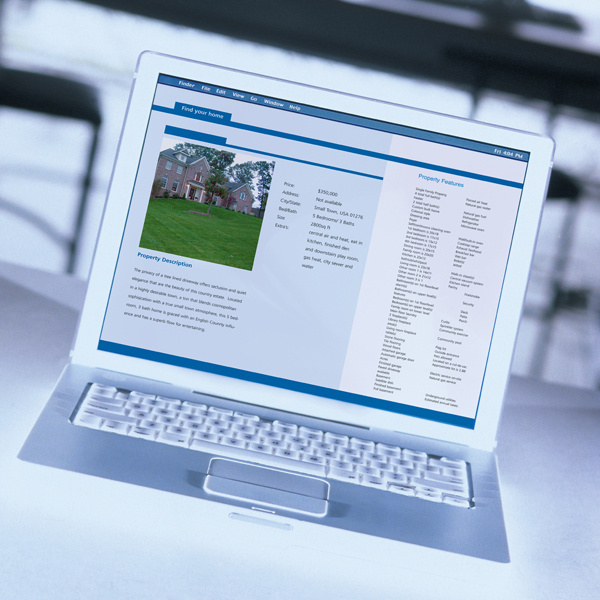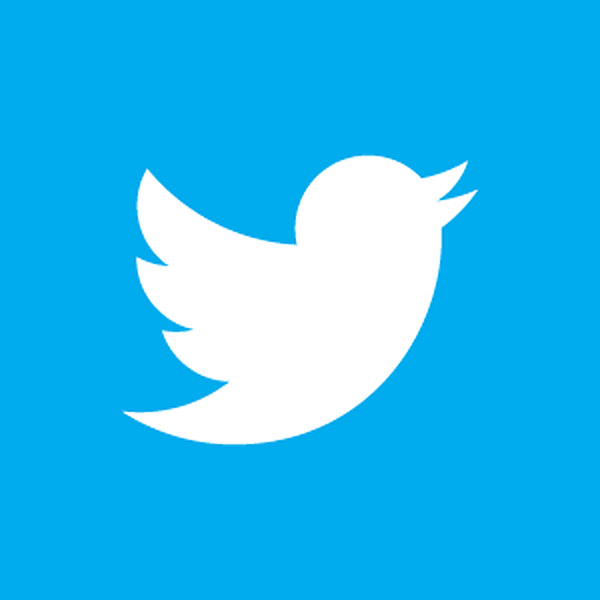Amp Up Your Database
How To Capture "Orphaned" Clients
How To Capture "Orphaned" Clients

Since the housing crisis began back in August 2007, over 400,000 Realtors have "left the building." One reason for this, according to Lawrence Yun, National Association of Realtors Chief Economist, is that many who flocked to the industry for a quick buck around five years ago have left the business to pursue the same elsewhere.
But there are many different reasons people leave the business—from relocation to retirement—so who's looking out for all those former clients now?
The one who keeps in touch with them is the one who will win their future business.
Follow these easy steps to capture these potential clients:
1. If an agent is leaving or has left the business, ask if he would be willing to leave his clients in your care. If his answer is yes, ask if he would vouch on your behalf with an introduction letter. Volunteer to create this intro marketing piece yourself, or it may never happen. Then before he leaves, ensure to collect his list of database contacts either on a spreadsheet or out of his contact management system.If anyone is going to add a slew of new names to their database by following up with these clients—while reaping the future income and referrals they can bring—shouldn't it be you?
Alternatively, if you're part of a real estate brokerage, ask your broker for a list of "orphaned" accounts and database contacts.
Add them to your contact management system and start a marketing campaign to this group.
2. Send your introduction letter, explaining to this new group of clients that their former agent has left the business, that you'd like to keep in touch with them, and that you'll be calling in a few days to say hello.
3. Follow up with a phone call as promised to obtain an idea of their status, and request permission to gather their email address to keep them up-to-speed on what's happening in local real estate. This will also be their permission to be added to any sort of email marketing campaigns.
PRE-QUALIFY HERE







